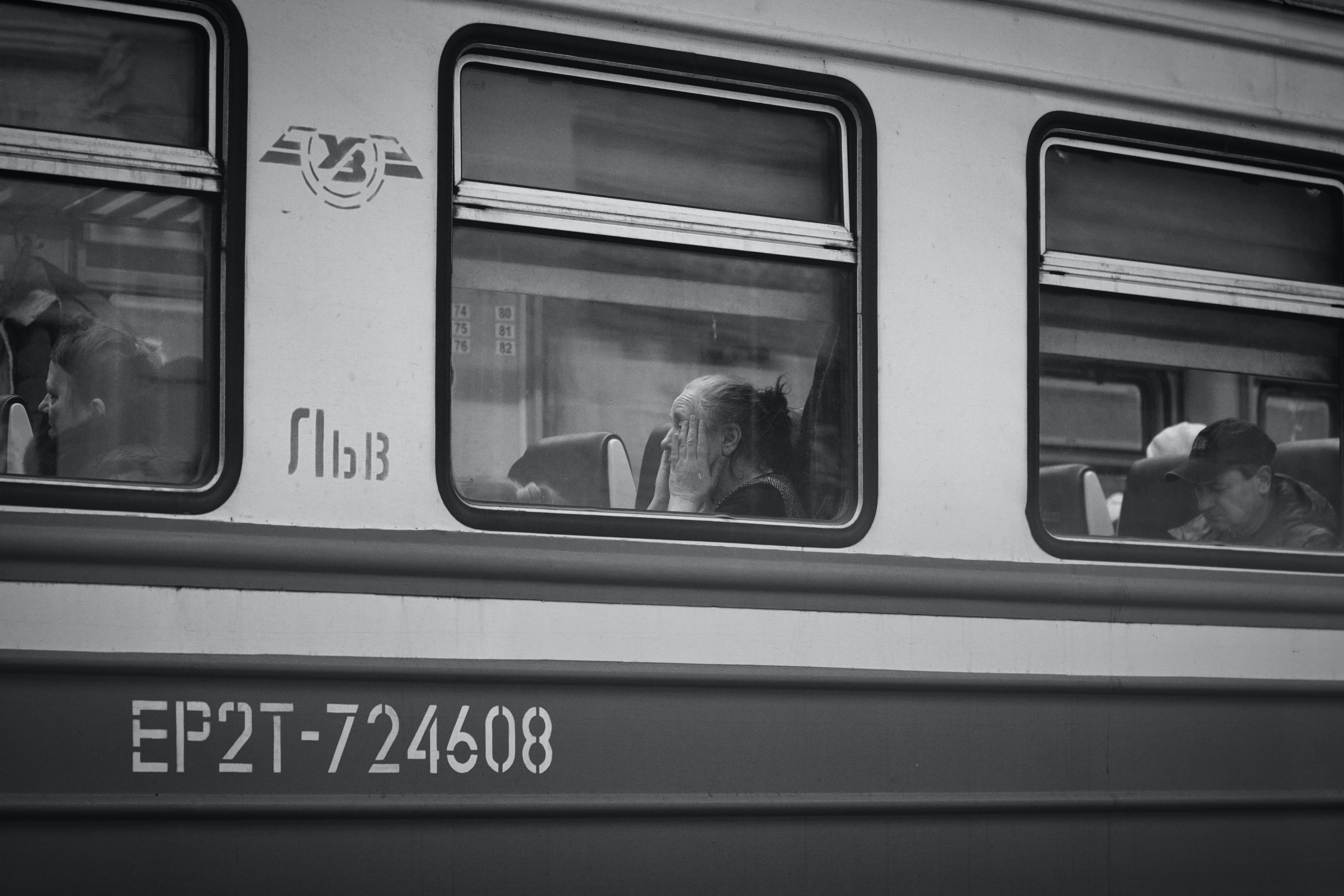During Refugee Week 2022 Rinchan Mirza, comments on how European governments integrating Ukrainian refugees into their territories need to understand the long-term impacts of refugee resettlement when developing effective policies. Dr Mirza uses the Partition of British India in 1947 as an example
During Refugee Week 2022 (20-26 June), Dr Rinchan Mirza’s research shows that history can teach us alot about the resettlement of refugees fleeing war:
‘The world is currently witnessing the forced displacement of Ukrainians at a scale that is unprecedented in Post-World War II European history. According to the latest figures issued by the United Nations around 5.1 million Ukrainians have been recorded as being forcibly displaced because of Russia’s invasion of their country. European governments in collaboration with the United States have, justifiably, shown a remarkable level of unity in both censuring Russia over its egregious violation of international law and in accepting Ukrainian refugees with open arms.
‘Throughout history a high fraction of refugees fleeing war and persecution have ended up settling permanently in the countries they decide to emigrate to. There is no reason to believe that Ukrainian refugees currently leaving their homeland for different parts of Europe would not conform to such a historical trend.
It, therefore, becomes imperative for European governments to understand the effects of permanent refugee resettlement if they are to develop an effective policy of refugee integration.
‘Using the Partition of British India in 1947 as a prime example, it represents one of the largest episodes of mass refugee migration in recorded history that had profound long-term consequences for the three countries involved – India, Pakistan and Bangladesh. An estimated 17 million refugees were involved in the two-way population transfer between the newly independent nations of India and Pakistan that resulted from the violence and destruction at Partition.
‘Building upon existing research, I recently examined the long-run impacts of the Partition on the economic and political trajectory of Pakistan. I found that areas more affected by refugee resettlement experienced a long-term improvement in their overall literacy rate and saw an immediate shift in their occupational structure towards non-agricultural professions that persisted throughout the post-Partition period. Additionally, the research showed that the higher human capital and better organisational capabilities of the refugees also caused a long-term increase in the political competitiveness of the areas in which they settled.
‘This research alongside existing Partition centric studies point towards an unambiguously positive impact of refugee resettlement on recipient communities. Moreover, the beneficial impacts were felt across a whole range of areas from literacy to urbanisation to agricultural productivity to political competition. It is important to point out here that there were certain factors that were peculiar to the Partition of British India that were responsible for both the successful reintegration of refugees into their recipient communities and for their subsequent positive impacts on economic development.
‘First, in both India and Pakistan, the refugees shared the same religion as the resident majority population in the communities in which they resettled. In the case of the most affected provinces of Punjab and Bengal they even shared the same language and ethnicity. This meant that a substantial proportion of refugees faced fewer frictions when it came to transitioning into the labour market in their new communities. Second, the leaders of the newly decolonised states of India and Pakistan saw the successful reintegration of partition refugees as a central pillar of their nation building efforts. Consequently, they launched several state sponsored initiatives that were specifically designed to assist refugees with their transition into the labour market in their new communities. The initiatives involved constructing satellite towns for housing refugees near hubs of economic activity, setting up training-cum-work centres for providing refugees with the skills and qualifications required for gainful employment and building vocational centres for training refugees in accounting and elementary banking for the financial industry.
‘If European governments are to benefit from the current inflow of Ukrainian refugees into their territories, they need to undertake a careful examination of these factors in devising their refugee integration policies.’

